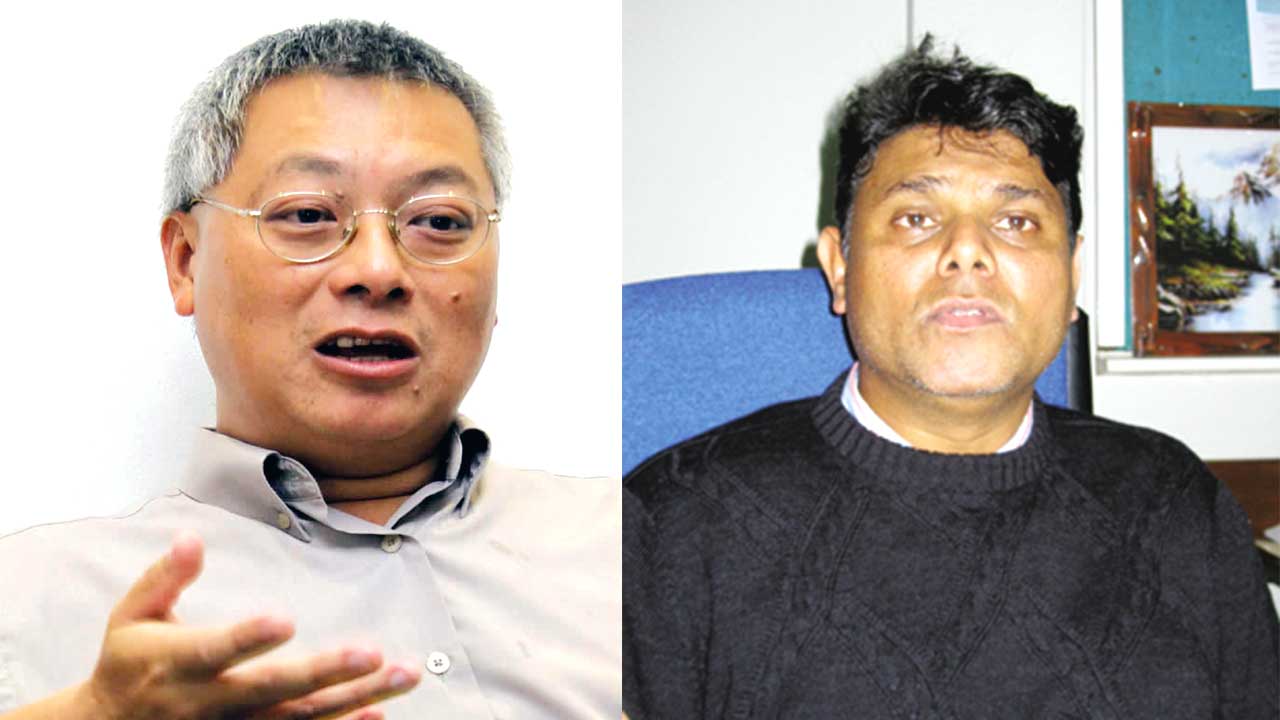Economist Eric Ng explains that the gap between the upper and lower middle class is widening day by day. He gives five reasons to explain this situation.
Higher cost of living
According to the economist, the cost of living is increasing by the day. “With the increase of the cost of living, there is no doubt that the lower middle class will continue to immiserise. It is becoming more difficult for them to cope,” he says.
Unemployment
With the closing down of various companies, many people have lost their jobs. “Unemployment is one of the causes why the lower middle class is facing a crisis. When a person loses his job, he does not receive any revenue and hence, finds himself in difficulty,” he reveals.
Stagnation and lack of meritocracy
Eric Ng reveals that many persons from the middle class retain the same position for long. “It is also a question of meritocracy. Many people have the capability to be promoted but they remain at the same level for a long time. Opportunities to move up do not occur despite having all the abilities. Hence, they have low revenues,” he states.
Disparity between earnings
The economist explains that some sectors like finance and offshore have a high rate of growth as compared to agriculture and manufacturing. “Since years, the agricultural and manufacturing sectors have been witnessing very low growth rates. Hence, workers in these sectors have seen their revenues remain more or less the same. But this is not the case with those in the finance and offshore sectors. These workers have much higher revenues,” he reveals.
Private Sector versus Public Sector
Eric Ng states that Mauritius is one of the rare countries where the public sector does not align its wage hikes despite an economic crisis. “It is easier to get a wage hike in the public sector than in the private sector. Since 2008, economic growth has hovered below 4%. In this sense, the private sector has become very competitive and is striving for survival. Thus, the private sector cannot increase its wage bill. But this is not the case with the public sector whereby it is easier to have an increase. In Mauritius, the private sector employs more people than the public sector. This is how less revenue further widens the gap. Soon, there will be the PRB 2016 report on wage review for the public sector,” he avers.
Sociological analysis by Ibrahim Koodoruth
Sociologist Ibrahim Koodoruth explains that the lower middle class refers to people working in administrative positions such as typists and clerks and hence, they do not earn high wages. On the other hand, the middle class comprises of professionals, for example, teachers. The sociologist reveals the main characteristics of the two classes.
Immediate gratification of the lower middle class
“The lower middle class is facing various difficulties. Earlier, they were living in a deferred gratification state whereby they were saving money for a better future. But nowadays, they expect immediate gratification, meaning there is no saving, they work today and buy food for survival,” he says. He further adds that earlier, the lower middle class would save a little to buy a small plot of land or a car or invest in their children’s education. “The lower middle class is trying hard to make both ends meet. They are more like the working class today,” he states.
Middle-middle class act as a buffer
According to him, the middle-middle class has been considered as a buffer for society. “If ever there is a problem in the family, the middle-middle class always help. They are the people who can extend their hand for help and support if there is need. The middle-middle class can still save money, buy a plot of land, houses and invest in their children’s education,” he reveals.
After effect of the situation
Ibrahim Koodoruth maintains that this situation will worsen. If this trend continues, then society will witness the disappearance of the middle-middle class. If ever such a situation occurs, below are some difficulties that Mauritius will face:
Loss of solidarity
If the middle-middle class disappears, solidarity and family help will also know the same fate. It is the middle-middle class family who tends to help others the most. For example, whenever there is a major operation, it is this class that either donates or lends money. If this class becomes extinct, then the lower middle class or the poor will never receive any help.
Increasing pressure on the institution
We are living in a welfare state and if there is some degeneration in society, this will weaken our welfare stare. More people will seek help from the government who will in turn face increasing pressure. One simple example is that many people will stop visiting private clinics and will prefer to use public hospitals. Social aid expenditures will increase and so will central government debt. In short the situation will spiral out of control.
Solutions proposed
Sociologist Ibrahim Koodoruth insists that solutions must be devised to remedy the situation. “It is important for people to save but if there is inflation, no one will be able to do so. The exchange rate and tax exemption must be reviewed. The government must encourage people to save money,” he concludes.
 Par
News on Sunday, Defimedia.info
Par
News on Sunday, Defimedia.info
 Par
News on Sunday, Defimedia.info
Par
News on Sunday, Defimedia.info

 J'aime
J'aime